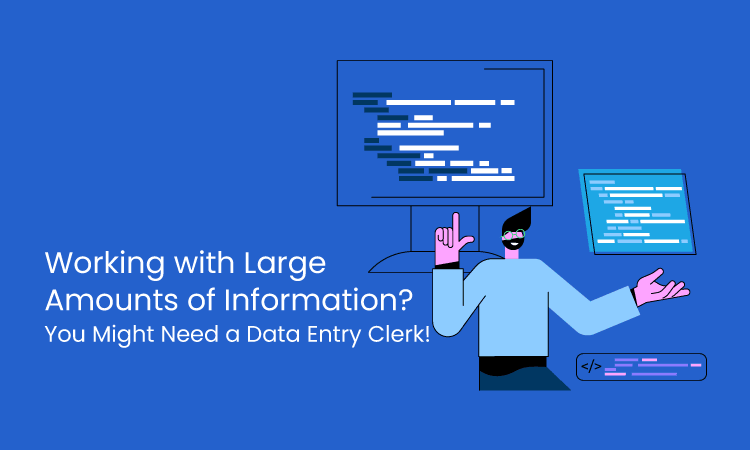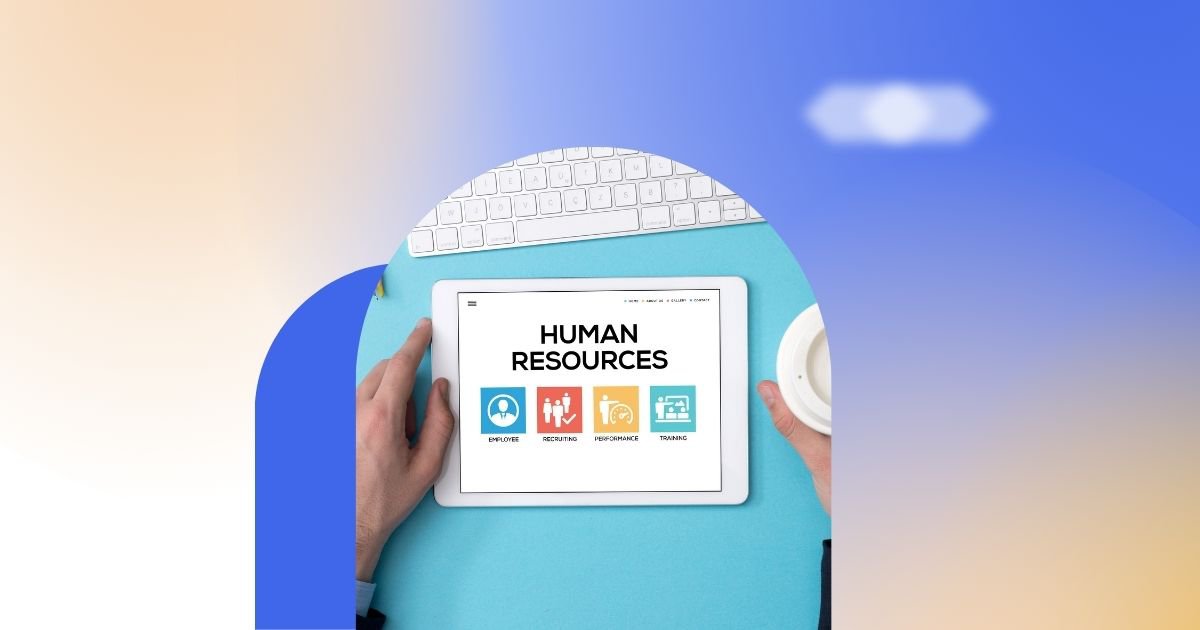There are plenty of moving parts to a business, but one thing that is crucial to its success is data. With information on your audience, your competitors, and the general climate of your industry, you can grow as large as you would like. Knowledge fuels innovation, but you can only create lasting progress if your data is accurate. That’s where a specialist like a data entry clerk comes in.
What is a Data Entry Clerk?
A data entry clerk, also known as a data encoder, is a professional who handles, codes, or transcribes information into digital formats. Typically, large organizations employ data entry clerks. Companies in the retail, transportation, healthcare, and finance industries use these professionals for a range of purposes.
Data entry professionals may also be responsible for maintaining records, updating existing data, and verifying the accuracy of the information in the system. Someone who wants to become a clerk needs strong attention to detail, as they must ensure that all data is accurate and up-to-date.
What Are Their Responsibilities?
A data encoder processes large amounts of information quickly and accurately. They ensure that information that key departments need is available in a format the company requires. They take print or electronic documents, audio recordings, and spreadsheets.
In addition to data entry responsibilities, clerks may also be responsible for verifying the accuracy of entered information by comparing it against the source material. They may also need to troubleshoot any errors during the data entry process.
Additionally, they may need to answer questions from customers or other staff members regarding the accuracy of the entered information. Data entry clerks may also assist in creating reports or charts using the entered data. Finally, they may need to maintain records of all entries into a system or database.
Requirements and Qualifications
There are no industry standard requirements to land a data entry clerk role. Usually, data entry clerks possess a minimum of a high school diploma or equivalent.
However, some companies may require an associate’s degree in a related field, such as business administration or information technology. They should also have at least one year of experience with data entry or other office work. Data entry clerks must be able to quickly and accurately type, so hiring managers may administer typing speed tests.
In addition to their technical skills, data entry clerks must possess strong communication, problem-solving, and customer service skills. They should be able to work independently and in teams. A data professional must be comfortable working with both computers and people. Finally, a good understanding of basic math principles also benefits a person eyeing this position.
Skills Needed to Become a Data Entry Clerk
Holding down a data entry job isn’t just about typing out a couple of documents a day and saving them in the team’s cloud storage. It would help if you had various skills to become a successful data clerk. Here are just some of them:

Hard Skills
Good communication skills: Knowing how to write and speak well are essential for clerks to understand instructions and provide feedback. They must also have fast typing abilities, with knowledge of touch typing systems being highly desirable.
Computer proficiency: Data operators must be comfortable working with computers and other technology. They must also have excellent knowledge of word processing tools and spreadsheets, such as Microsoft Excel or Google Sheets, and working knowledge of office equipment, computer hardware, and peripheral devices. A basic understanding of databases is also beneficial for a data entry clerk.
Typing speed and accuracy: Data encoders need to be able to quickly and accurately input large amounts of data promptly. Some data entry professionals become part of specific teams (e.g., the marketing, sales, or I.T. team), so they need to be well-versed in the software the team uses, whether that is Salesforce, Jotform, Workato, or others.
Problem-solving ability: Data professionals must be able to identify problems with data entries and take appropriate action. Finally, data entry clerks must possess strong customer service skills. They often work with customers or clients directly, so they should be able to answer questions, address concerns, and provide assistance when needed.

Soft Skills
Patience: Furthermore, a data entry clerk must have the disposition required for sitting for hours at a time, sifting through large stacks of data, and figuring out if the information is in order. They mustn’t be the type who would rush through a job to get it done but won’t dilly-dally since there is a ton of data to get through.
Detail-orientedness: Data operators must also have a sharp eye for detail. They must be able to quickly and accurately identify errors in data and make corrections as necessary. Additionally, they must be able to recognize patterns in data and use that information to complete tasks more efficiently.
Organizational skills: Data encoders need organizational skills as well. Among these skills are prioritizing tasks, managing multiple projects, and meeting deadlines. They must also be able to effectively interact with colleagues and other departments to ensure data entry accuracy.
Data security knowledge: Clerks and other data professionals need to know how to access and protect the information they work with. They must understand and follow protocols for accessing data and learn how to protect sensitive information from unauthorized access.
What Are the Benefits of Having A Clerk?
Having an assistant to help with data entry can be incredibly beneficial for businesses. A data entry clerk is responsible for entering, verifying, and maintaining accurate records of a company’s data. This includes inputting customer information, updating accounts, and managing databases.
By hiring an assistant to help with data entry, businesses can save time and money by streamlining the collection and storage of important information. Data encoders are also responsible for ensuring that all information entered into a database is accurate and up-to-date. They will often review records for accuracy before submitting them to the proper department or personnel.
Additionally, they may be asked to generate reports from their gathered data or create new databases based on existing ones. With an assistant to help with these tasks, businesses can rest assured that their data is handled correctly and efficiently.
Finally, having an assistant help with data entry also allows businesses to focus more on other aspects of their operations instead of manually entering information into a system. This can free up resources companies can use in other areas, such as marketing or customer service, which could lead to increased profits and better customer experiences.
Hire Top Data Entry Clerks Through Wing Assistant
Data entry clerks play a pivotal role in the success of businesses. By accurately recording and organizing data, they provide organizations with reliable information to inform decisions crucial for growth and innovation.
Wing provides reliable, dedicated general assistants skilled in data entry and other administrative tasks. Get in touch with us today to learn more!
Aya is Wing Assistant’s blog manager. When she’s not wrangling content briefs, editing article drafts and handling on-page SEO, she is crafting messages for Wing’s other communication materials. Aya writes about SaaS startups, marketing for startups, search engine optimization, and pop culture.






